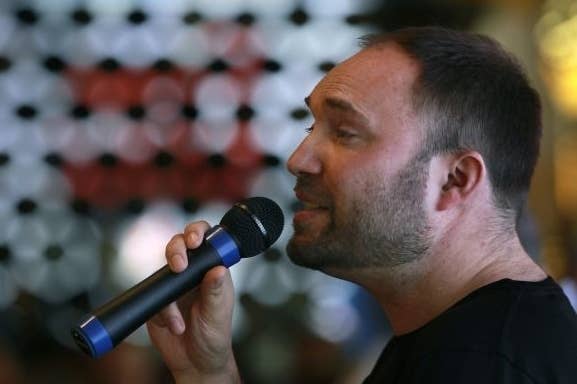Natural Motion: Mobile disruption will come from big companies
CEO Torsten Reil says big hits demand too much expertise for small developers
Natural Motion CEO Torsten Reil believes that the opportunity for small developers to make a big impact in the mobile games market is disappearing.
Speaking to The Guardian alongside Zynga CEO Don Mattrick, Reil explained the decision to sell Natural Motion to Zynga for $527 million in terms of an increasingly demanding and competitive mobile space.
"While it's true that the revenues possible with a hit on mobile are pretty incredible, even though small companies can achieve that, the expertise that's required to create a hit is pretty deep now," he said, referring to the benefits offered by a company of Zynga's size and experience.
"That expertise is non-trivial: the trend over the last 12 months has been that it's harder for an inexperienced small team to achieve that"
"On the one hand, it's quite technical in terms of the creativity required. But it's also quite technical in the insight you need to have on how to structure those games, how to retain players over time and make sure monetisation works. That expertise is non-trivial: the trend over the last 12 months has been that it's harder for an inexperienced small team to achieve that."
Whether Natural Motion can be considered either small or inexperienced is arguable - it's certainly dwarfed by Zynga's 2,000-plus employees - but the money now made by the biggest mobile games has escalated considerably since CSR Racing's $12 million-a-month revenues in August, 2012.
Less than a year later, GungHo's Puzzle A Dragons was making nearly $4 million a day, and, if leaked Supercell data is to be believed, Clash of Clans was making more than $5 million every day at the start of this year.
"The big disruptions are coming from some new companies, but also - which I find more likely - from existing companies redisrupting the market," Reil continued.
"If you're in the business and understand the free-to-play side, that gives you a really good foundation to redisrupt. That foundation helps you to break through with amazing products on top of that. It's much harder than it was a couple of years ago to come from nowhere with no experience in free-to-play."
On that point, Mattrick was in full agreement: "As the industry progresses, natural barriers to leadership will emerge... It will become more challenging to make the same level of aggregate investment as companies who started early in this."

